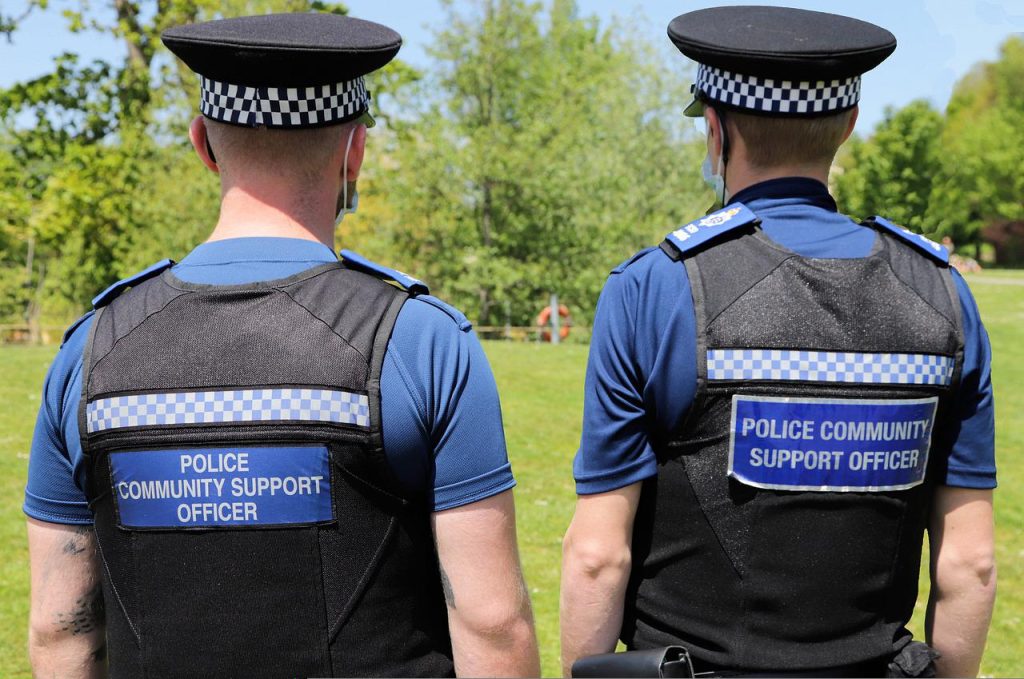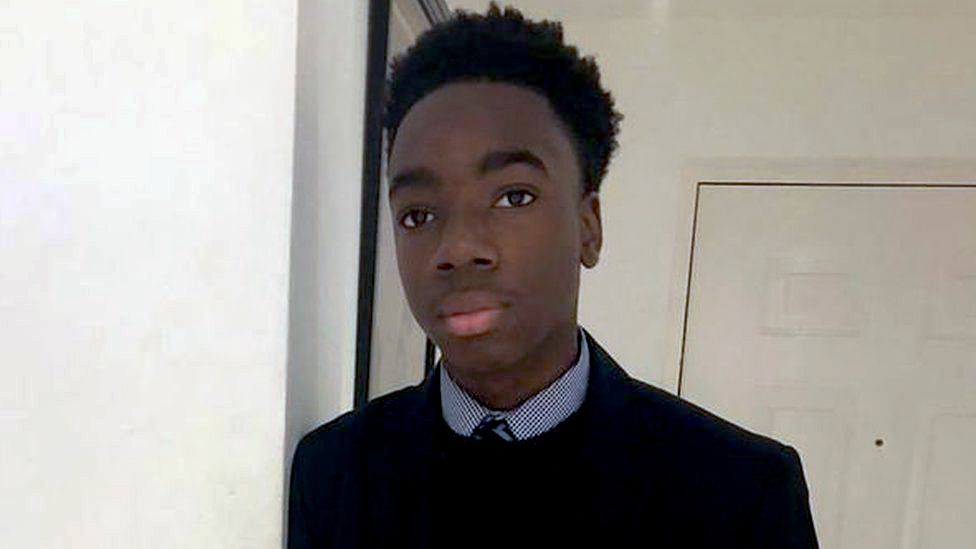
When we think of a missing person, we conjure up images of police scouring unkempt fields, loved ones suspended in prolonged emotional paralysis and a victim who has come into harm’s way by the hand of a dangerous criminal. While this is the reality for some, the vast majority of missing persons are found within 48 hours and do not suffer harm. Research shows that mental health, substance abuse and relationship breakdown are the most cited reasons as to why people go missing. With this being the case, would missing persons cases be better handled not by the police, but by agencies that specialise in social services?
Data released by the UK Missing Persons Unit cites mental health as the most likely reason adults go missing whereas lifestyle issues, such as relationship breakdown, substance abuse and school, are most attributed to children. The data also shows that most missing persons return of their own free will. In contrast, the number of adults and children who go missing due to abuse, exploitation or abduction is comparatively tiny.
This data shows that 22,080 people went missing due to mental health related issues in 2020 while 105 people were abducted. Despite this, press coverage of missing people fixates on sensationalised cases featuring criminality and ‘undeserving’ victims. This has cemented an image in the public consciousness as a missing person being someone who is vulnerable (female or a child) and “undeserving” of harm (white, educated, law-abiding) who has fallen foul to criminal activity (kidnap, rape, murder). This misrepresentation has also caused confusion as to who is considered a missing person.
Finding a definition of a missing person from an official agency is difficult. The Metropolitan Police does not include one on their website while the UK Missing Persons Unit provides an external link to the College of Policing which features a loose definition halfway down a lengthy webpage. They state:
“Anyone whose whereabouts cannot be established will be considered as missing until they have been located, and their well-being or otherwise confirmed”.
This definition from the College of Policing has changed twice in the last decade, first in 2012 and again in 2017 and it is not enforced nationally. Individual police forces have different definitions of a missing person and do not uniformly record missing persons incidents as such. For example, one police force may report a child who doesn’t attend school as missing while another may record it as truanting. The ambiguous and inconsistent definition of a missing person may be a contributing factor to the large number of unreported cases.

Richard Okorogheye. Source: Okorogheye Family
People suffering from mental health and other social issues often do not fit the public perception of a missing person. Many people who go missing of their own volition suffer personal lives filled with turmoil. They may have broken the law in the past or be burdened with financial issues – instead of the young, female professionals or suburban children who become the faces of missing persons campaigns, the majority of those who go missing are on the margins, human litter that most passer-by’s would walk right past. In a 2002 article, Martin Bright wrote “there are certain rules in the missing persons game. Don’t be a boy, don’t be working class, don’t be black. As for persistent runaways, children in care or teenagers with drug problems – forget it.” It seems little has changed. The disappearance of Richard Okorogheye was only covered in the national media after a social media campaign whereas Sarah Everard received persistent press attention the week before her body was found.
The perceived intersection of criminality and missing people is overstated. This has had dire consequences on those who go missing of their own volition. Researchers from Glasgow University interviewed 45 people who were reported as missing and documented their experiences. Their report found that interviewees who voluntarily went missing were worried about being charged by police if found. One respondent, named under the pseudonym Walter in the report, told the researchers: “‘I wasn’t sure if I was in trouble with the police or not. I thought if they found me I would get arrested.”
Interviewees noted feeling shame and confusion when they realised they were termed a “missing person” by the police. Some said they felt like criminals after being found despite not doing anything wrong. 11 per cent of the adults interviewed said they first realised they were reported missing by way of police contact. Some of them felt shocked or embarrassed upon hearing the news. Megan (not their real name) told the researchers: “I received a message from the police saying, “as soon as you get this message contact Grampian Police.” My boss had been looking for me. They had been in touch with her. It was really embarrassing.”
Interactions with the police were mixed, some interviewees reported an ambivalent response from officers. Rhianna (not their real name) told the researchers: “I asked the officers, “why are you doing this?”, “It’s our job, that’s what we have to do” they said, and, that was it. They were just there to do a job and get on with it.” Follow up checks with persons reported as missing further fuelled feelings of stigmatisation. One respondent told researchers officers arrived at their workplace for a ‘safe and well’ check while another expressed anxiety at a police car turning up at their home. In both cases they felt labelled as ‘criminals’ despite not committing a crime.
Interviewees also cited seeking out agencies such as social workers, addiction clinics, A&E and homeless centres instead of the police or missing persons agencies as they felt the former organisations offered services relevant to their needs.
Following the murder of George Floyd, there were calls in the US and UK to ‘defund the police’. While this has arguably become a catch-all term for a myriad of things including abolition, it is generally defined as reallocating police funds to community infrastructure and other state agencies that would be better placed to deal with certain issues such as mental health breakdown or early-stage missing persons cases. A 2018 select committee report found that cuts to non-police services increased demand on policing, especially in relation to missing persons. The report identified an “excessive dependence on the police as a service-of-last-resort for vulnerable individuals.” Another report by Her Majesty’s Inspectorate of Constabulary and Fire and Rescue Services reiterated concerns about police officers facing disproportionate demand for dealing with nonviolent vulnerable people while not being adequately trained to support people in the midst of mental health crises. Despite these problems being identified by the police and parliamentary select committees, the government have failed to respond to these issues.
There are certainly cases where police intervention is helpful in finding missing persons, however, for the vast majority of those who go missing, the police and connotations of criminality may be doing far more harm than good. Maybe it is time to give organisations with experience and expertise in dealing with complex social issues greater influence in the missing persons debate.